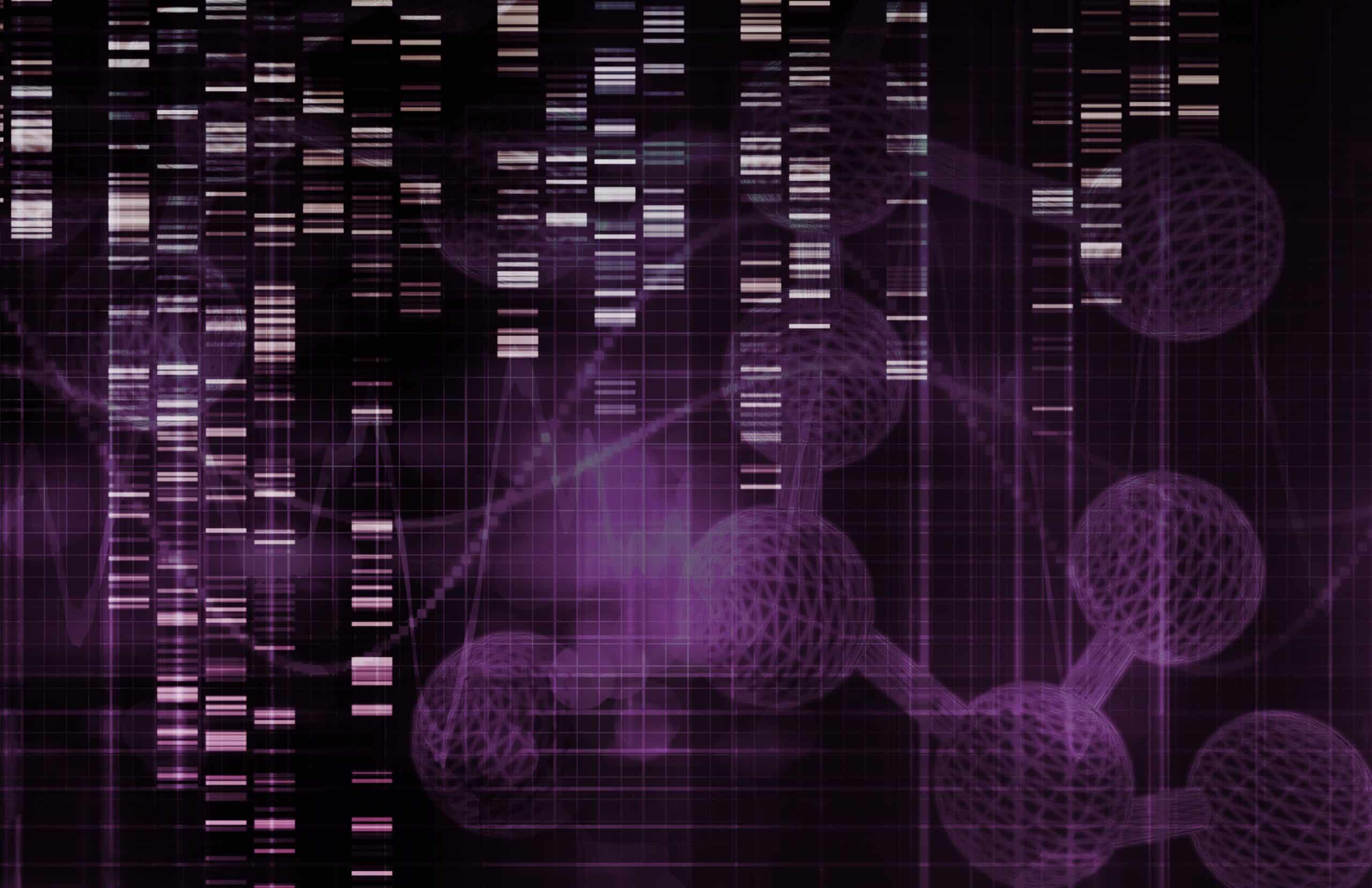Carbohydrates, proteins and fats are essential nutrients to all animals. Yet dietary variation between species, populations and individuals can vary dramatically.
In an international collaborative study, researchers from Australia, Denmark and Finland investigated how individuals of a same population differ in their ability to survive on various diets.
The researchers utilised a genetic reference panel consisting of roughly 200 closely related fruit fly strains (Drosophila melanogaster). The flies were fed six different diets containing high concentrations respectively of protein, sugar, starch, coconut oil or lard, or a combination of sugar and lard. The strains used in the study have had their genomes fully mapped, which made it possible to link the differences seen in the experiments to specific genetic variation.
The study found that small genetic differences affected the flies’ ability to use the energy of various nutrients.
“Unexpectedly we found that the fruit fly strains differed considerably, for example, in their ability to survive on a high-sugar diet. What makes this particularly surprising is the fact that the food consumed by fruit flies in nature contains a lot of sugars,” says Essi Havula, now a postdoctoral researcher at the University of Helsinki and the lead author of the study.
“The genes that regulate metabolism have been conserved well in evolution, which is why we can learn a lot about human metabolism through studies carried out with fruit flies,” Havula adds.
Genetic analyses uncover several genes that affect nutrient tolerance
In genetic analyses, the researchers identified a number of genes that contributed to the ability of flies to tolerate sugar. Most of these genes are found also in humans and have been suggested in previous genome-wide association studies to play a role in obesity and type 2 diabetes.
“Fly studies enable fast and cost-effective functional studies to investigate the genes in depth. Among other things, we demonstrated that the tailless gene (TLX), previously investigated primarily from the perspective of the function and development of the nervous system, is necessary for the normal function of sugar metabolism in flies,” Havula says.
In addition, the researchers demonstrated that the JNK pathway, one of the most important stress-signalling pathways, regulated sugar metabolism and storage-fat synthesis in the case of high-sugar diets in the study.
“It appears that dietary sugar causes stress to the cells, giving the JNK pathway an important role in how effectively flies tolerate and process sugar,” Havula says.
Can nutrigenomics assist the development of personalised nutrition?
According to the researchers, most of the findings can be applied to humans as well, even though further research is still needed. Havula points out that the study provides concrete evidence on how the same dietary recommendations do not necessarily suit everyone.
“Research-based knowledge increasingly shows how metabolic responses to diets differ between animal populations and individuals. Traditional dietary recommendations are not necessarily suited to everyone, which explains the continued lack of consensus on a ‘healthy diet’.”
One option is to develop nutrition in a more personalised direction with the help of nutrigenomics.
“Hopefully, in the future type 2 diabetes and many other metabolic diseases can be treated with nutritional planning based on knowledge of individual genomes. This would be considerably less expensive than drug therapies as well as better for the health of individuals in the long run,” says Havula.
The potential of nutrigenomics is not limited to the treatment of traditional metabolic diseases.
“For example, cancer cells are known to alter their metabolism, extending the potential of nutrigenomics to a wide range of fields,” Havula adds.
The study was published in the Nature Communications journal, and it is part of Essi Havula’s postdoctoral work carried out at the University of Sydney. Currently, Havula works in Anu Wartiovaara’s research group at the University of Helsinki.




